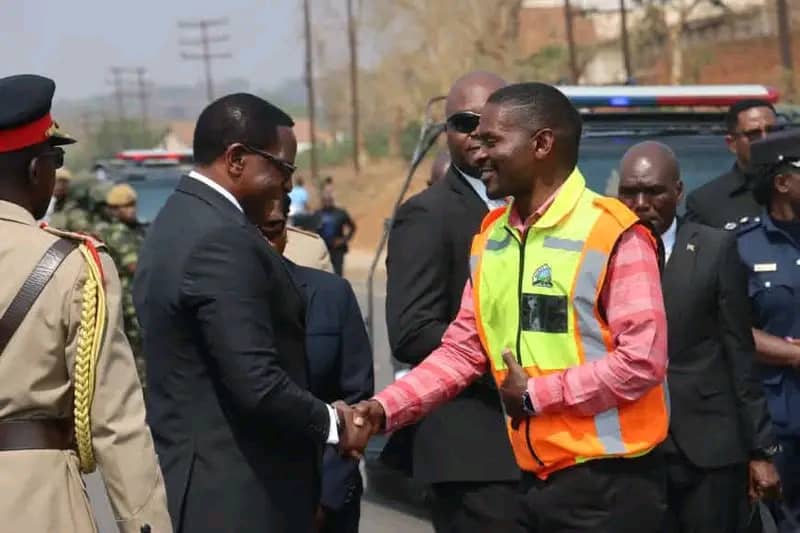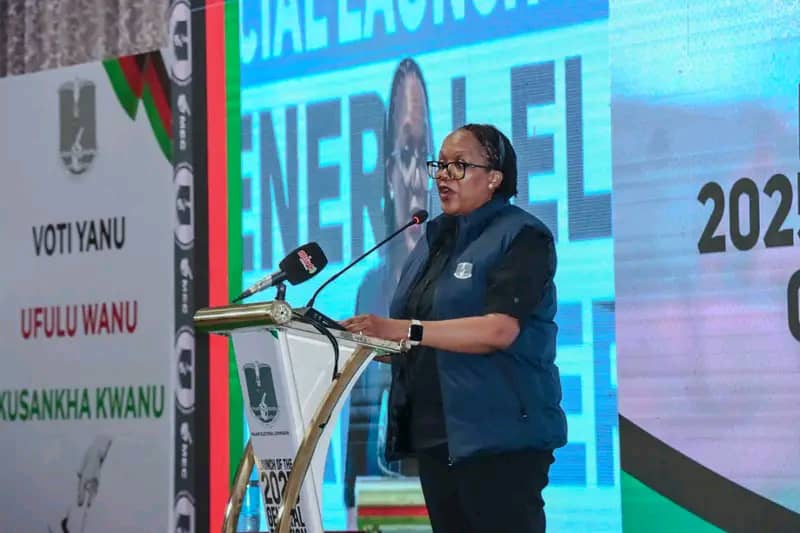By Burnett Munthali
President Lazarus Chakwera has not dissolved his cabinet, even though Malawi is already in the thick of the 2025 election campaign.
Ministers and their aides continue to use government vehicles, fuel, and allowances as they travel across the country campaigning for the ruling Malawi Congress Party.
This practice raises fundamental concerns about fairness in the electoral process, since opposition parties have no access to state machinery.
The Constitution of Malawi sets clear rules about the timing of elections and the dissolution of Parliament.
When security fails the constitution: A legal reflection on the Anti-Smartmatic Demonstrations
Section 67(1) provides: “The National Assembly shall stand dissolved on the 23rd day of July in the fifth year after its election, and polling for the general elections for the next National Assembly shall take place concurrently with the election for the President and local councillors …”
This clause establishes the moment when the old Parliament gives way, creating the expectation of a level playing field in the run-up to polling.
The Constitution also defines the Cabinet in Section 92(1): “There shall be a Cabinet consisting of the President, the First Vice-President, the Second Vice-President and such Ministers and Deputy Ministers as may, from time to time, be appointed by the President.”
Section 92(2) further clarifies: “The Cabinet shall exercise the powers and functions assigned to it by this Constitution or an Act of Parliament and shall be responsible for advising the President with respect to the policies of the Government and with respect to such other matters as may be referred to it by the President.”
What is striking in these provisions is what they do not say: nowhere is there explicit authority for ministers to use public resources for campaign purposes once the electoral period begins.
Critics argue that the President’s failure to dissolve his cabinet or impose restrictions amounts to abuse of public office and a distortion of democracy.
Supporters counter that ministers must remain in office to ensure continuity of government business until a new administration is sworn in.
The Malawi Electoral Commission, however, has yet to issue binding guidelines on whether ministers can juggle political campaigning with the privileges of public office.
This silence fuels confusion and raises doubts about whether democracy is being respected in both letter and spirit.
Concluding Analysis
Chakwera’s decision not to dissolve his cabinet highlights a gap between the Constitution’s formal provisions and the democratic values they are meant to protect.
Section 67 makes clear that Parliament must dissolve before elections, signaling a transition in the balance of power. Section 92 defines Cabinet functions but does not extend them into the realm of party politics.
By allowing ministers to campaign with state resources, the ruling party risks eroding trust in the fairness of Malawi’s elections.
This may not violate the Constitution’s wording directly, but it undermines its intent — to guarantee equal opportunity and accountability in the political process.
Unless reforms are introduced to separate government duties from partisan campaigning, Malawi’s democracy will continue to suffer from incumbency advantages that turn elections into contests of resources rather than ideas.



